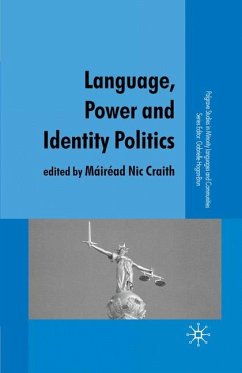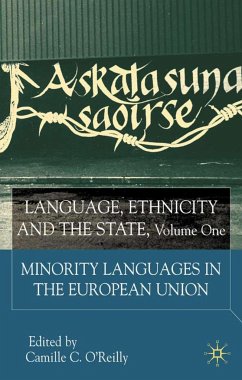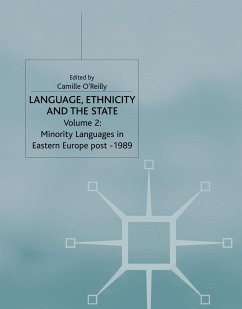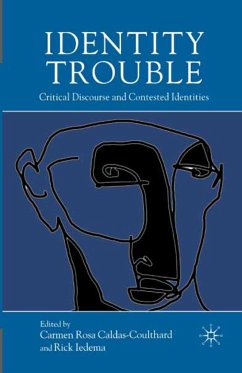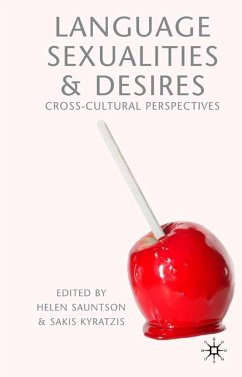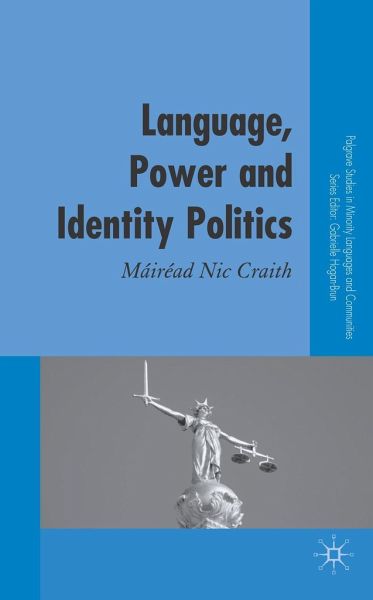
Language, Power and Identity Politics

PAYBACK Punkte
38 °P sammeln!
Dominance, identity and resistance are key themes in this examination of language in global, virtual and local settings. It focuses on world languages, linguistic rights and minority protection. Case studies explore the social strategies employed by migrants speaking non-indigenous tongues and the effect of religion in sensitive political contexts.





